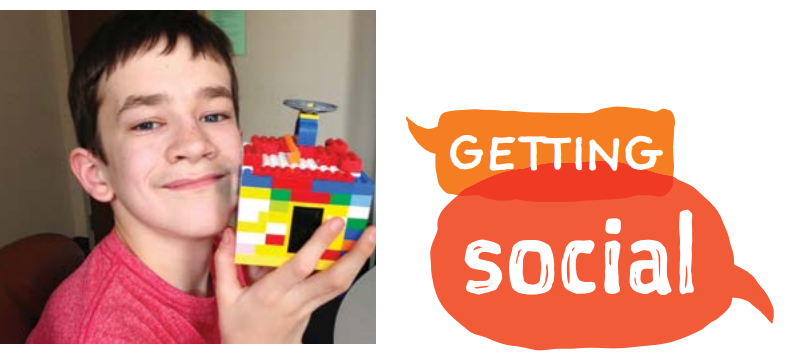Few parents escape the occasional hassle of having to nudge a sleepy child or irritable teen out of bed for school. But some kids flat-out stonewall, missing days or even weeks of essential education.
As a psychiatrist who specializes in the treatment of children and adolescents, I hear many parents ask, “What’s wrong with my child?” or “What more can I do?”
School avoidance is common and treatable, but it may require professional support.
Why kids refuse school
No matter what you call it — school phobia, avoidance or refusal — it’s a growing problem and almost always associated with one or more psychiatric conditions. Nearly 75 percent of my patients struggle with some degree of school avoidance, often as a symptom of underlying depression or anxiety.
The American Academy of Pediatrics reports the most common reasons kids or teens avoid school is concern about grades, homework, and relationships with teachers; anxieties over social pressure (including conflicts on social media); or legitimate fears of teasing, bullying, or violence. Younger kids may also have worries about using a public bathroom.
No matter the age, stress can manifest physically as headaches, stomachaches, hyperventilating, nausea, or dizziness.
When to seek help
Parents, though well-intentioned, can intensify things. Some avoid the emotional battleground entirely, while others escalate the conflict with pleading and arguing. Other parents might over-identify as being their child’s buddy, and be quick to change schools or try online school.
I advise parents to begin “first-level” interventions after a child or teen has three school absences not caused by valid illness or a significant medical condition.
That means seeking weekly guidance from an outpatient mental health professional (therapist), which can help most children boost their confidence.
Most parents can tell if their child needs even greater support. For example, the school may be threatening to file truancy charges against the parents, and no one is sure what to try next. By then, the stress is affecting the entire family.
That’s when I tell parents it’s time to have their child evaluated for next-level care.
That may include a structured weekday program, also known as an intensive outpatient program, at a mental health clinic. Such treatment is meant for kids struggling with emotional and behavioral health issues that cause significant difficulties in their families, schools, and/or communities.
In my experience, kids typically transition back to their regular school environment in about eight weeks.
Nearly 75 percent of my patients struggle with some degree of school avoidance, often as a symptom of underlying depression or anxiety.
Resilient kids, empowered parents
Without question, the longer a child or teen stays home from school, the more difficult his or her eventual return will be. But a methodical plan can help kids of all ages and abilities return to regular attendance.
My approach is to teach kids resiliency skills and empower their parents to follow through on limits and rewards. It’s also about simultaneously addressing underlying problems in the family that could exacerbate school avoidance.
Parents often need a green light to parent. I see a lot of parents who are paralyzed in setting and enforcing limits. They generally have a good internal compass and know how to parent, but they need coaching to establish consistent rules, consequences, and rewards.
Keep in mind, therapy will not make school avoidance magically vanish. But it will equip kids and parents with new, healthier strategies toward a shared goal.
Transitioning back to school
Returning to school full-time after a lengthy absence isn’t easy for a lot of kids. It can be academically overwhelming and socially awkward: Where have you been?
A therapist or school social worker can help create a plan for home and school — and coach kids on how to respond to questions.
With the right support, we can help kids and teens feel confident about school again!
Dr. Shalene Kennedy, M.D., is a board-certified psychiatrist who specializes in treating children and adolescents. She’s the founder of Aris Clinic, a pediatric behavioral health center that treats kids and teens throughout the Twin Cities and western Wisconsin. Learn more at aris-clinic.com.

























